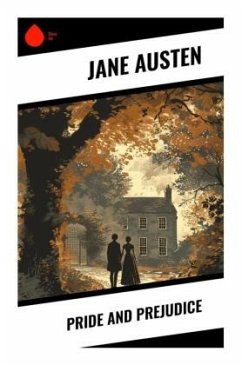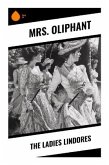In Jane Austen's "Pride and Prejudice," readers are introduced to a masterfully crafted narrative that delves into the intricacies of love, social standing, and individual morality in early 19th-century England. Austen employs incisive wit and irony, weaving a tale rich in character development and social commentary. The story unfolds through the spirited protagonist, Elizabeth Bennet, whose encounters with the enigmatic Mr. Darcy highlight thematic elements of class prejudice and the transformative power of understanding. Set against the backdrop of rural gentry, the novel reflects the societal norms and constraints of its time, skillfully blending romance with a critique of class dynamics. Jane Austen, born in 1775 in Hampshire, England, is renowned for her keen observations of human behavior and her deep understanding of women's positions in society. Raised in a close-knit family environment, Austen's experiences undoubtedly informed her portrayal of strong, intelligent femalecharacters who challenge societal expectations. This unique perspective as a woman writing during a time when female authors were rare lends authenticity and depth to her works, making "Pride and Prejudice" a timeless exploration of human relationships and society. This novel is highly recommended for readers seeking a profound exploration of character and social critique, all delivered with Austen's celebrated humor. Its rich narrative and enduring themes continue to resonate today, making it essential reading for anyone interested in literature that probes the complexities of the human condition.
Bitte wählen Sie Ihr Anliegen aus.
Rechnungen
Retourenschein anfordern
Bestellstatus
Storno








